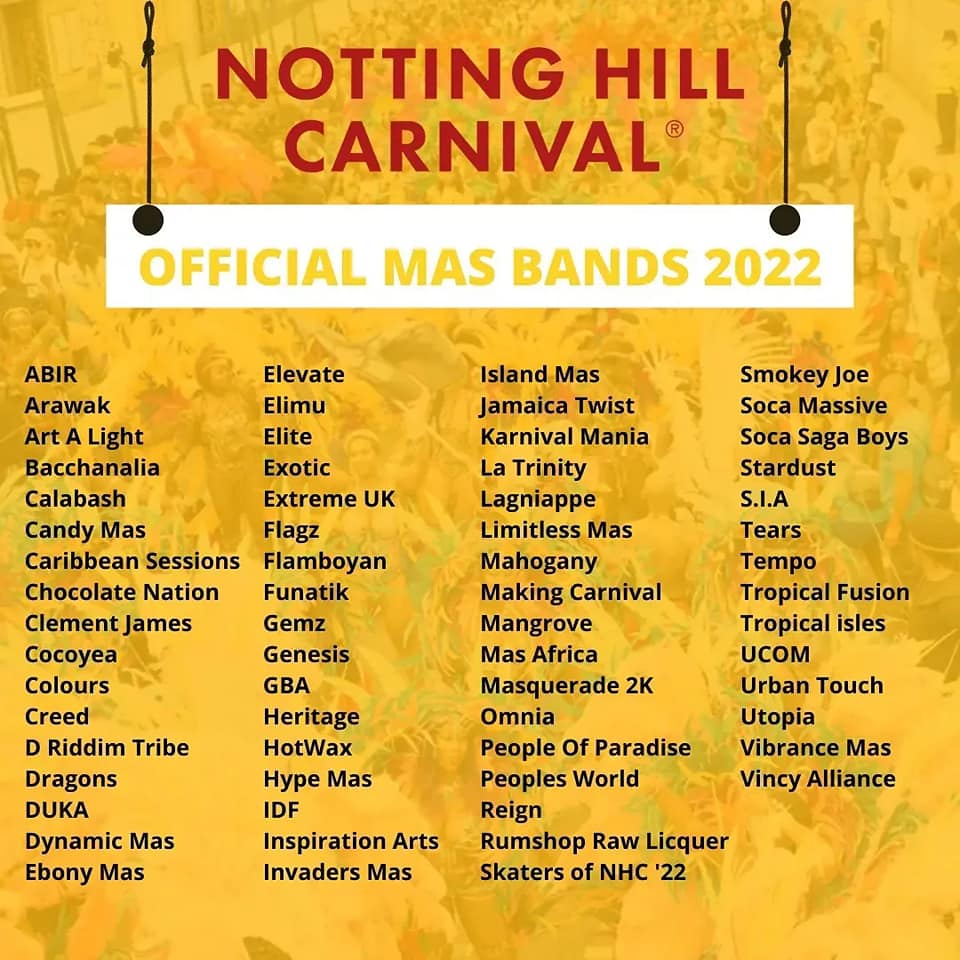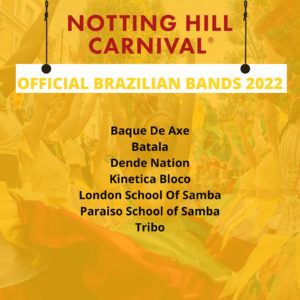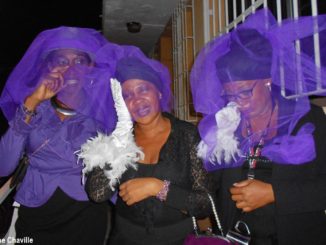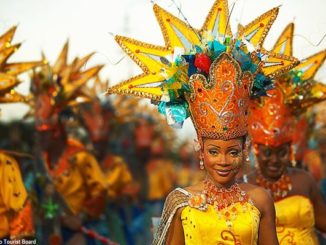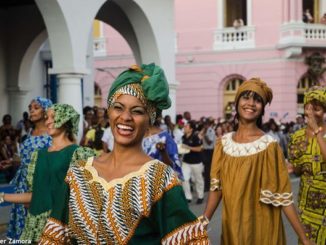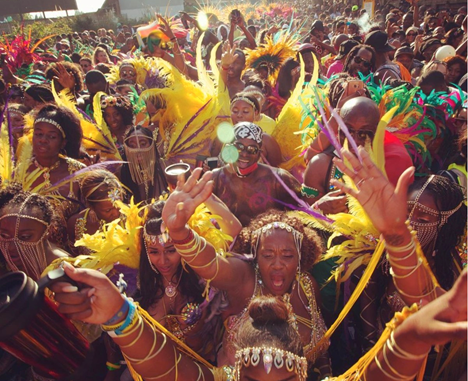
Initiated by Caribbean immigrants 56 years ago, this multicultural event takes place from 27 to 29 August in London.
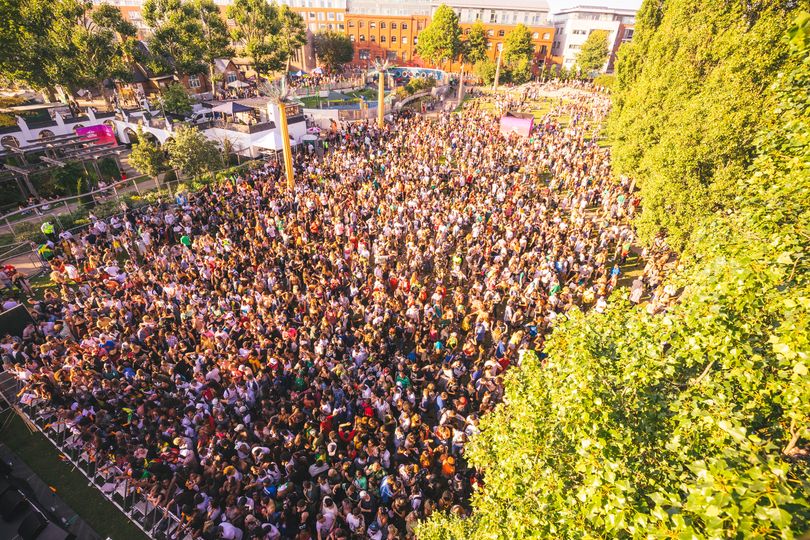
Taking place every year on the last weekend of August, the Notting Hill Carnival in West London is back. Since 2020, the festivities had been cancelled due to the Covid-19 pandemic that has already claimed 205,000 lives in the United Kingdom.
Considered the largest street festival in Europe, Notting Hill Carnival was created in 1966 by people from the English-speaking Caribbean islands, particularly Trinidad & Tobago where the tradition is highly developed. Over the years, their descendants have continued and improved the festival, which is now known throughout the world. The clashes between young Caribbean immigrants and police between the 1970s and 1980s, during these festivities, did not succeed in having the authorities ban the expression of Caribbean cultural and artistic heritage. Since then, other communities have joined the event.
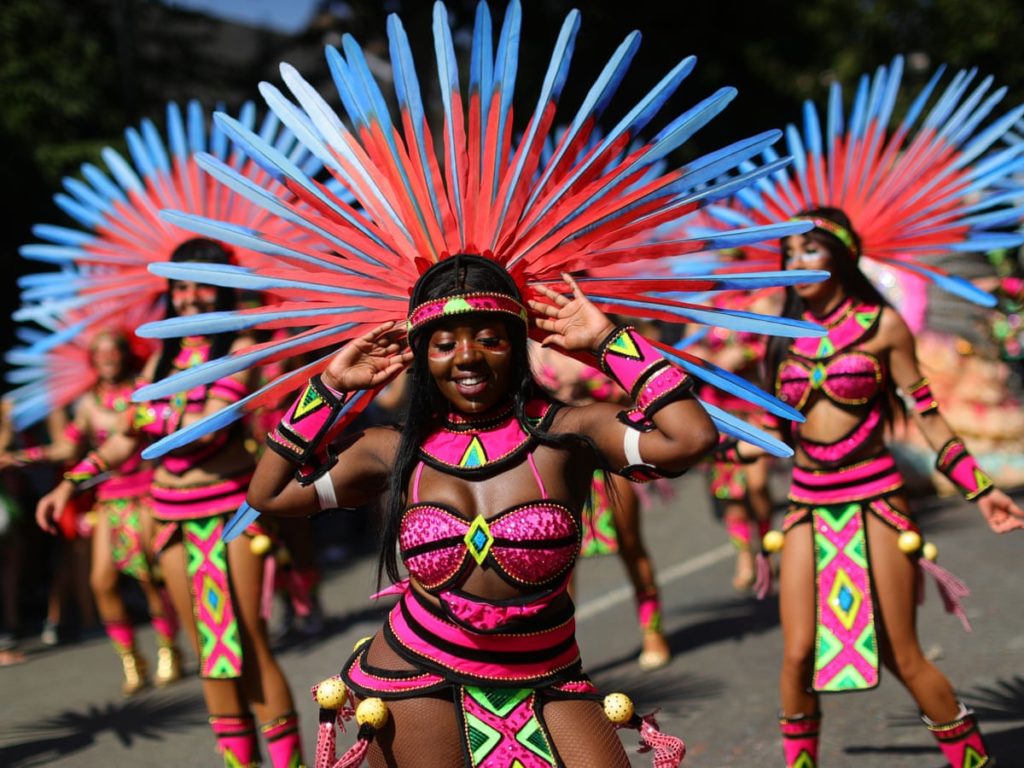
More than 70 groups, 50 000 performers
The carnival kicks off this Saturday 27 with the UK National Panorama Steelband Competition at Emslie Horniman’s Pleasance Park. From 4:00 pm to midnight, five great bands will compete for the title of Panorama Champions 2022: Mangrove Steelband, Croydon Steel Orchestra, Ebony Steelband, Metronomes Steel Orchestra and Pan Nation.
This Sunday 28 is reserved for families with the children’s parade but the adults’ parade will be on the programme as well as on Monday 29 (Summer Bank holiday in the UK). More than 70 groups or “Mas Bands” representing hundreds of revellers are already registered for the parade through the streets of this London neighborhood, a route of almost 6 kilometres. Each group has chosen a theme and created the appropriate costume, and those wishing to parade in a Mas Band have bought their costume and will participate in the total release. The parades on Sunday and Monday will take place from 10:00 am to 9:00 pm. The streets will be filled with colours, glitter and confetti. Tropical music such as soca, calypso, reggae, ragga, dance hall, zouk and even samba (this music from the African culture in Brazil appeared in 1984 at the Notting Hill Carnival with the London School of Samba) will punctuate the hot atmosphere. More than 30 sound systems will be present. 50,000 performers will animate this giant show.
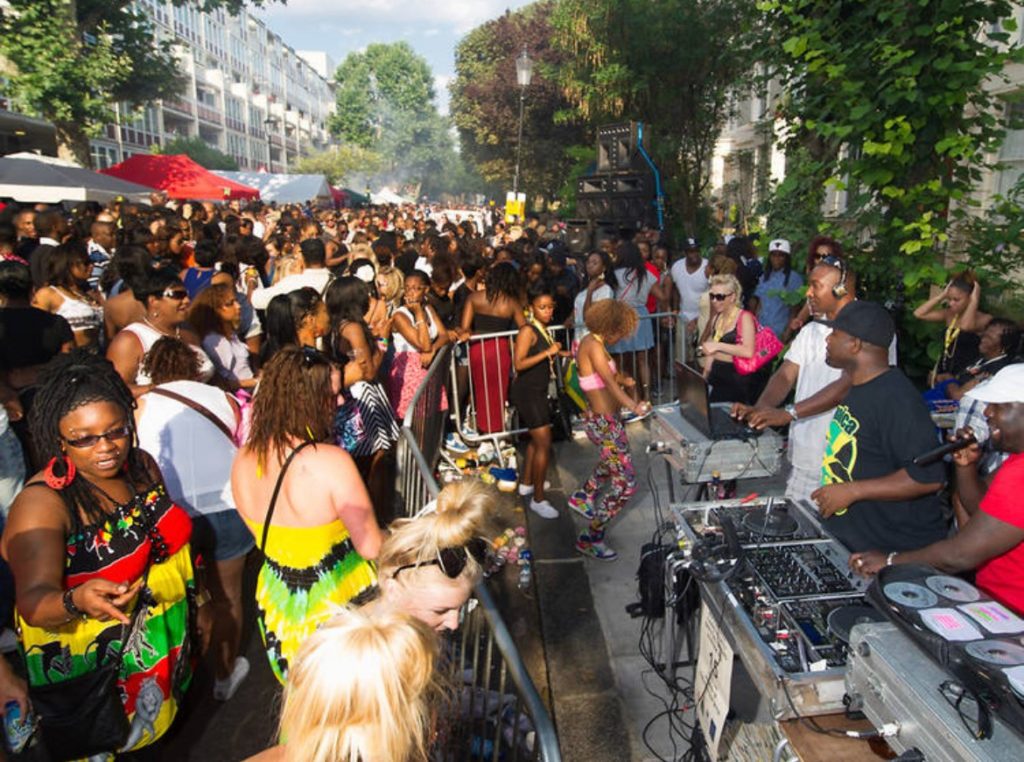
Over 300 food and drink stalls
Registered bands will be judged by a panel of judges located on Great Western Road during the two-day parade. The results will be announced on social networks.
The Notting Hill Carnival will feature over 300 food and drink stalls from around the world and it’s a great opportunity to taste typical Caribbean dishes such as “Jamaican Jerk Chicken” and “Trinidadian Roti”.
Two million visitors are expected in this area of London to attend this major event in the country’s cultural calendar.
“I had a dream, I saw all these people out on the streets, they were wearing colourful costumes, dancing and following bands, ad everyone was laughing”, said Rhaune Laslett (1919-2002), the founder of the Notting Hill Festival, forerunner to the Notting Hill Carnival, in 1965. This activist’s dream has become a reality.
